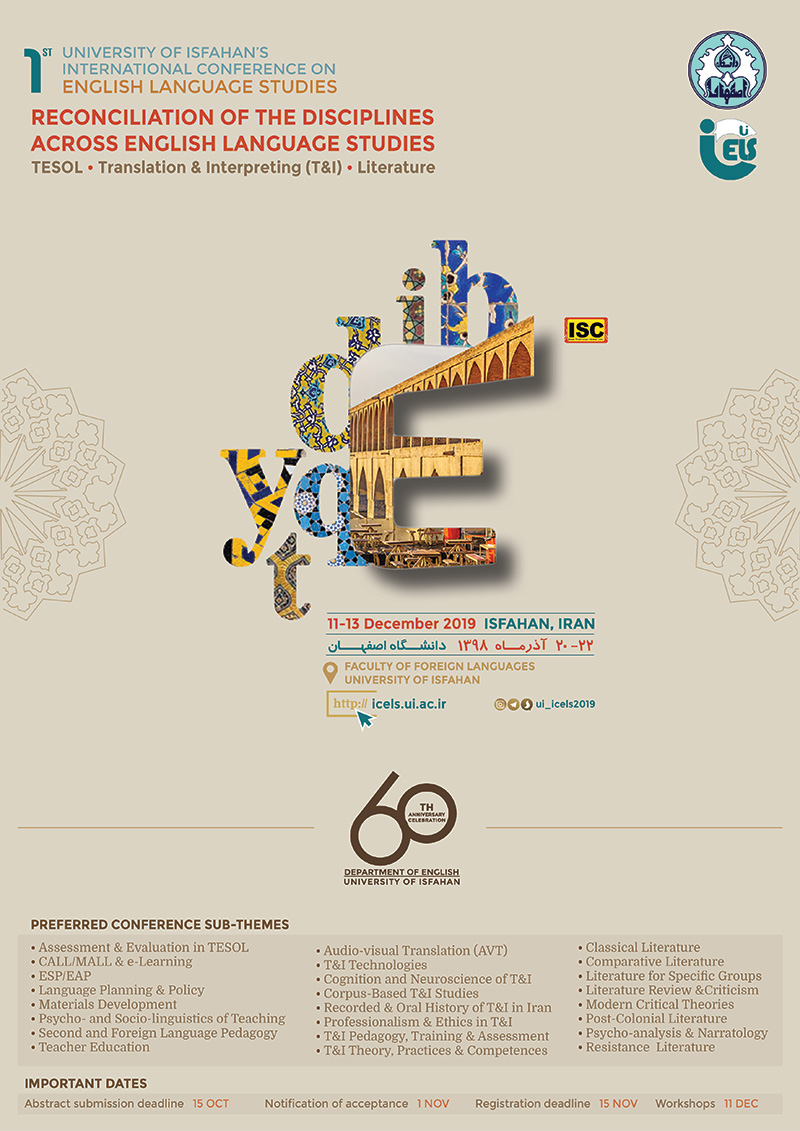
Dissection of Orientalism in Tennessee Williams’s A Streetcar Named Desire
نویسندگان :
Ahmad Gholi ( University of Tehran )
چکیده
In his masterpiece: A Streetcar Named Desire, Tennessee Williams capitalizes on the image of the Orient to enrich his play; however, this cultural reference to the Orient and Orientals is not free from the constraining rules and mechanism of Orientalism. Therefore, the present study in the light of Edward Said’s Orientalism seeks to expose the playwright’s participation in the discourse of Orientalism. In this regard, it argues that Tennessee Williams demonstrates his Orientalist attitude in the four ways. Firstly, through associating the Orient with erotic space when Blanche likens the young with the prince out of Arabian Nights. Secondly, through affiliating the Orient with passivity and narcotics when Blanche relates Stella’s silence, inactivity, and tranquility after being beaten by Stanley to Chinese philosophy and drugs. Thirdly, via ascribing splendor and wealth to the Orient when Stanley compares Blanche with Cleopatra. Finally, by connecting sadness, emotion, and darkness to Chinese Lantern to which Blanche identifies herself. By doing so, the playwright subtly reinforces the binary logic of the West versus the Orient and participates in promoting the project of Orientalism in the context of America.کليدواژه ها
Orientalism, Arabian Nights, Chinese philosophy, Cleopatra, Chinese Lantern.کد مقاله / لینک ثابت به این مقاله
برای لینک دهی به این مقاله، می توانید از لینک زیر استفاده نمایید. این لینک همیشه ثابت است :نحوه استناد به مقاله
در صورتی که می خواهید در اثر پژوهشی خود به این مقاله ارجاع دهید، به سادگی می توانید از عبارت زیر در بخش منابع و مراجع استفاده نمایید:Ahmad Gholi , 1398 , Dissection of Orientalism in Tennessee Williams’s A Streetcar Named Desire , اولين کنفرانس بين المللي مطالعات زبان انگليسي
دیگر مقالات این رویداد
© کلیه حقوق متعلق به دانشگاه اصفهان میباشد.
